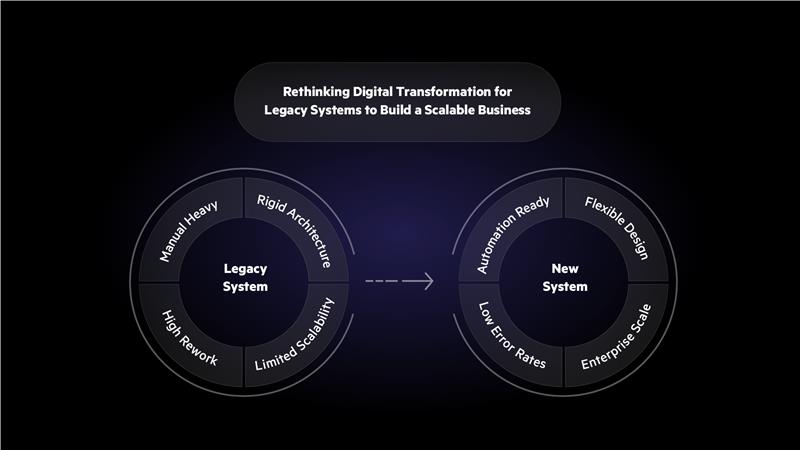Here are some instances of how IT has affected medical practice:
The 6 Benefits
Patient Management: IT services enable efficient patient management, including appointment scheduling, registration, and electronic health record (EHR) management. This streamlines administrative processes, reduces paperwork, and improves patient experience.
Electronic Health Records (EHR): IT services facilitate the implementation and management of EHR systems, which centralize patient medical records, test results, prescriptions, and treatment plans. EHR systems improve accessibility, accuracy, and continuity of patient information, leading to better-informed medical decisions and coordinated care.
Medical Imaging and Diagnostics: IT services support the storage, management, and retrieval of medical imaging data, such as X-rays, MRI scans, and ultrasounds. This enables healthcare providers to access and analyze images efficiently, aiding in accurate diagnoses and treatment planning.
Collaboration and Communication: IT services facilitate effective communication and cooperation between healthcare teams. Secure messaging platforms, shared calendars, and video conferencing tools enable seamless information exchange, care coordination, and interdisciplinary collaboration.
Data Security and Privacy: IT services implement security measures that protect patient data from unauthorized access, ensuring compliance with healthcare regulations like HIPAA. This safeguards patient privacy, maintains data integrity, and mitigates the risk of data breaches.
Business Operations: IT services support various administrative functions, including billing, inventory management, and financial reporting. Automated systems improve accuracy, streamline workflows, and enhance operational efficiency.
The 4 Advantages - Why is IT Essential for Health Clinics?
IT is essential to medical practice because it enables healthcare professionals to give better care, lower medical errors, and enhance patient outcomes. Here are some details on why IT is crucial in the medical field:
Better Communication and Collaboration: IT helps healthcare professionals communicate and work together more efficiently, which improves patient care. For instance, electronic health records (EHRs) enable access to patient data and real-time sharing with other healthcare professionals.
Enhanced Efficiency: IT can automate several manual procedures, including appointment scheduling and prescription renewals, which can help healthcare professionals save time and provide better patient care.
Enhanced Patient Safety: By sending alerts and reminders to healthcare professionals, IT can assist lower medical errors, such as medication errors. For instance, electronic prescribing reduces the possibility of mistakes by eliminating the necessity for handwritten prescriptions.
Improved Patient Outcomes: By giving healthcare professionals access to real-time patient data and analytics, IT can assist them in making more educated decisions about patient care. This may result in more precise diagnoses and potent therapies.
The 4 Values– aka challenges overcome by health clinics with their IT.
- Limited Access to Patient Information: With IT, healthcare providers would have access to patient data, making it easier to decide on patient treatment.
- Paper-based Records: Healthcare practitioners would have to rely on paper-based medical records, which may be time-consuming to manage and prone to errors if there were no electronic health records (EHRs).
- Lack of Collaboration: Without IT, healthcare providers would struggle to coordinate care among various providers and specialties due to a lack of communication and collaboration.
- Reduced Efficiency: Without IT, numerous manual tasks, like making appointments and maintaining paperwork, would need to be completed, which can be time-consuming and lower efficiency.
- Increased Medical Errors: Medical mistakes would be easier to make by healthcare professionals without IT, such as administering the incorrect drug or interpreting test results.
- Reduced Access to Medical Research: Without IT, access to massive datasets and analytical tools would be more restricted, making medical research more difficult.
At EvonSys MSP, we are committed to giving you an unmatched IT experience with a professional staff that will serve as the backbone of your IT department—freeing up your IT personnel to concentrate on other priorities by providing 24/7 skilled IT assistance, software updates, and system maintenance.
Your organization can benefit from an experienced team of Microsoft-certified professionals by collaborating with EvonSys MSP. Our team of experts can assist you in creating a tailored IT strategy that supports your company's goals and provides 24/7 cost-efficient IT support.

.webp)
_New_3%20(1).jpg)

_New_8.jpg)
%20Banner.webp)


.png)

.png)
